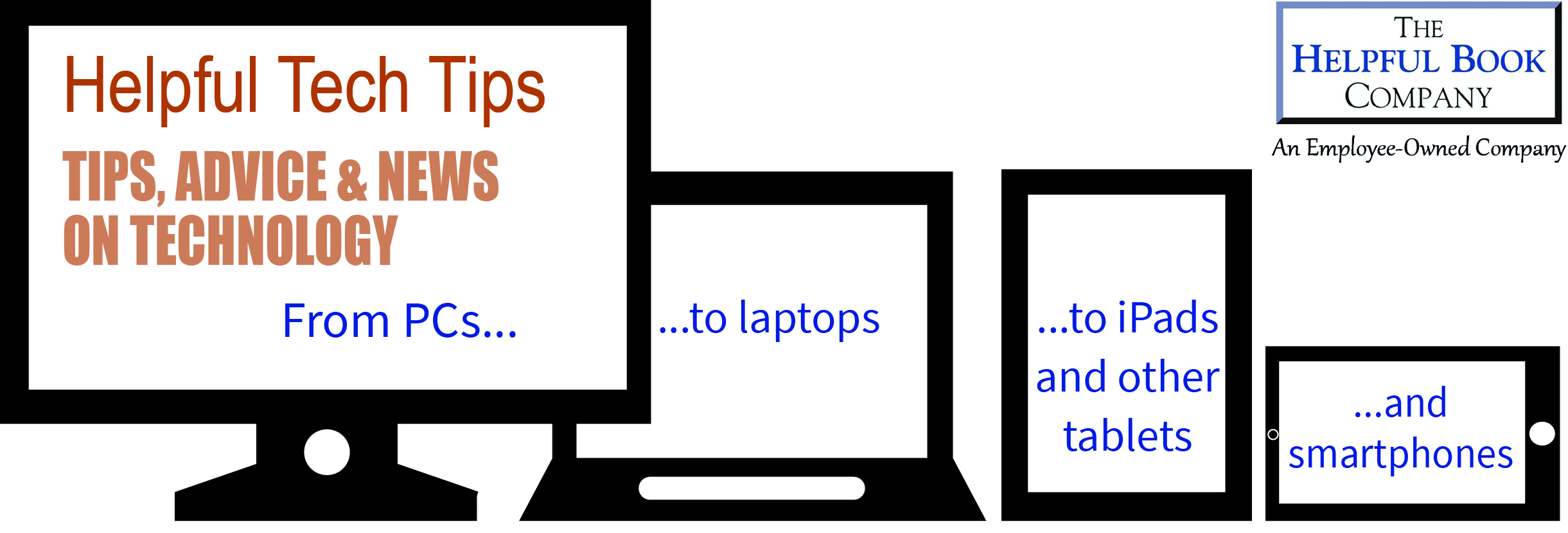There’s the first of a series starting today – I’m going to write a series of articles called “My favourite program for…” – today’s is my favourite program for Word Processing. I’m not saying these are necessarily the out and out best programs of their types – just the ones I’ve chosen to use personally.
But first…
What to do when a program won’t close
Usually, to close a program down, you click on the cross in the top right hand corner. But sometimes the program “crashes” and just won’t shut down, even though the rest of Windows seems to be working fine.
The thing to do then is use something called the task manager to shut it down. There are several ways to get it – the traditional way is to hold ctrl and alt down together on the left of the keyboard and tap the delete key – which on current versions of Windows gives you a menu that you can choose the task manager from.
It’s quicker, though, to hold down ctrl and shift at the bottom left of the corner and tap the Esc key. This takes you straight there.
Check you’re on the “Applications” tab at the top, then click on the program that won’t close and then near the bottom on “End task”. It might check you’re sure – choose OK and it should force even a crashed program to shut down.
You shouldn’t need this very often but it’s worth knowing for now and then.
My favourite program for word processing: Google Docs
A bit of a cheat, in a way, as you could say it’s not really a program. Not in the normal sense, anyway. Instead of installing a program on your computer, it’s something you use by starting up Internet Explorer (or Chrome or Firefox) and going to a particular website (www.drive.google.com).
You need a Google account of some kind – if you already use Gmail or anything else from Google, you’ll probably already have one. If not, you can create one – it doesn’t cost anything.
Then you can use the built in word processor, just like you might use Microsoft Word or OpenOffice.
I admit, it doesn’t have as many fancy features as either of those – so why is it my favourite?
First of all, it’s free. Which means I can spend the £95 Microsoft Word goes for on something else (even nowadays you can get several bottles of very nice single malt for that!).
But there’s another reason. Because it’s not on your computer, the files you create aren’t stored on your computer either. That has two advantages, to me at least.
The first advantage is that I can work on things from any computer that has an internet connection. It makes it easy for me to start something in the office, add some ideas from home in the evening and then finish something off if I’m away visiting Mum and Dad.
The other advantage is that you can share things you create. So Claire, who helps me produce books, can access my documents (at least the ones I “share”) and add her comments… and I can see her suggestions – even if we happen to be at opposite ends of the country (or more often, opposite ends of the Whicham valley, but it’s the same principle!).
There’s more about Google Docs (which includes a spreadsheet program and some other bits as well as the word processor) in “Modern Technology for the Befuddled”.
What is Facebook actually for?
Facebook is incredibly popular. Last I heard 1.15 billion people use it! But what’s it actually for? I’ve explained elsewhere how to use it, but that’s no help if what you want is to know whether you want to use it!
It’s a way of keeping in touch with several people at once.
For example, in my family we used to have a habit of each of us sending an email to the whole family, updating on how we’re getting on, how much Alastair’s grown or how many teeth Edward used to chomp my finger this morning…
But Facebook is an even better way to do it. I can put information in (and photos too) and anyone who Facebook knows is one of my friends can see it. So I can have all my family as friends, plus some other people I know. But my friends won’t see everything that, say, Mum and Dad put up there – because they don’t know my Mum and Dad.
It’s a way of the people you choose all seeing the information you put up there.
And they can reply and comment on it, too, as well as putting their own updates up.
There are lots of other features it has, but that’s the main point of it – it’s a great way to keep in touch with several people at once.
(And by the way, there’s more about Facebook in the Modern Technology for the Befuddled videos, too, including how to set up an account and how to use it! Read more here.)
